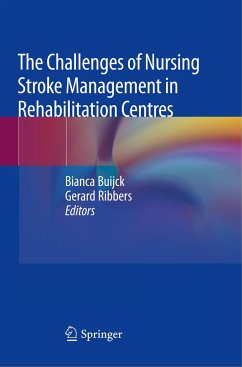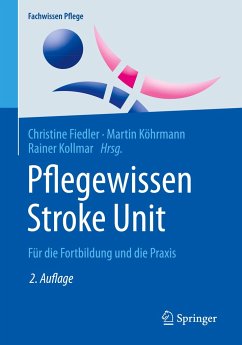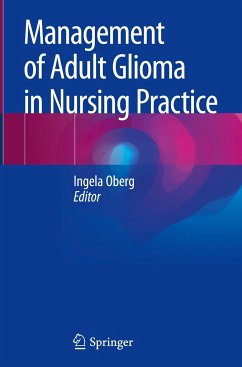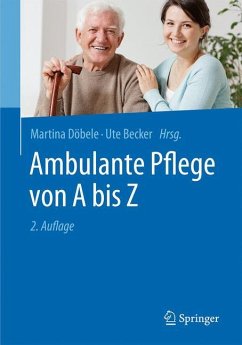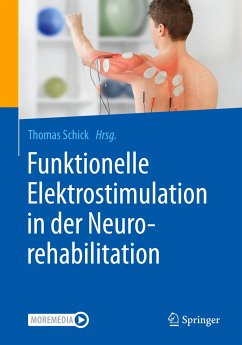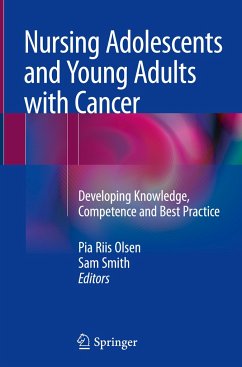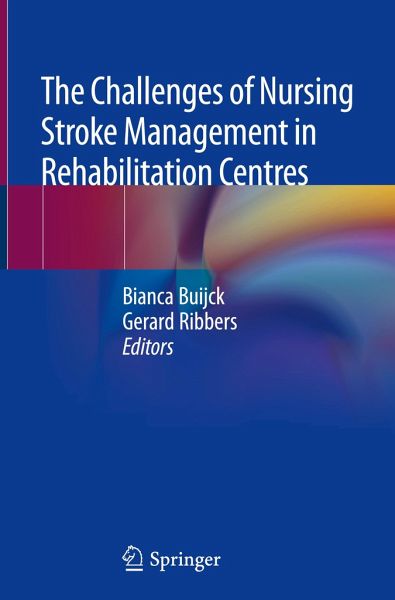
The Challenges of Nursing Stroke Management in Rehabilitation Centres

PAYBACK Punkte
17 °P sammeln!
This volume provides integral knowledge of all aspects of stroke care and rehabilitation after stroke, and is therefore highly relevant for nurses who work in rehabilitation centers. It outlines the several phases after stroke, for example the type of care patients may receive in the chronically phase at home. Nurses will obtain knowledge about treatment, importance of observation and caring with a special focus on communication problems, swallowing problems, activities of daily living, urinary and defecation problems, shoulder and hand issues.Thanks to photographs, nurses will learn to transf...
This volume provides integral knowledge of all aspects of stroke care and rehabilitation after stroke, and is therefore highly relevant for nurses who work in rehabilitation centers. It outlines the several phases after stroke, for example the type of care patients may receive in the chronically phase at home. Nurses will obtain knowledge about treatment, importance of observation and caring with a special focus on communication problems, swallowing problems, activities of daily living, urinary and defecation problems, shoulder and hand issues.
Thanks to photographs, nurses will learn to transfer patients in the adequate positions. Several chapters provide nurses with examples of effective and efficient collaboration with multidisciplinary professionals, informal caregivers and patients themselves. There is also an emphasis on behavior and cognitive functioning. And lastly, in the final chapters authors highlight the organization of rehabilitation and integrated careissues.
Nurses play a very important role in rehabilitation, education, counseling, prevention, and caring for patients with cerebrovascular accident (CVA). In caring for stroke patients, nurses need specific competences and abilities that go beyond the general neurologic knowledge and experience. Nurses need to collaborate in an efficient and effective manner with multidisciplinary team members in their organization and across organizations. This book discusses medical aspects and specific symptoms of a stroke, as well as the limitations that patients experience, and which interventions are indicated for recovery.
Thanks to photographs, nurses will learn to transfer patients in the adequate positions. Several chapters provide nurses with examples of effective and efficient collaboration with multidisciplinary professionals, informal caregivers and patients themselves. There is also an emphasis on behavior and cognitive functioning. And lastly, in the final chapters authors highlight the organization of rehabilitation and integrated careissues.
Nurses play a very important role in rehabilitation, education, counseling, prevention, and caring for patients with cerebrovascular accident (CVA). In caring for stroke patients, nurses need specific competences and abilities that go beyond the general neurologic knowledge and experience. Nurses need to collaborate in an efficient and effective manner with multidisciplinary team members in their organization and across organizations. This book discusses medical aspects and specific symptoms of a stroke, as well as the limitations that patients experience, and which interventions are indicated for recovery.



